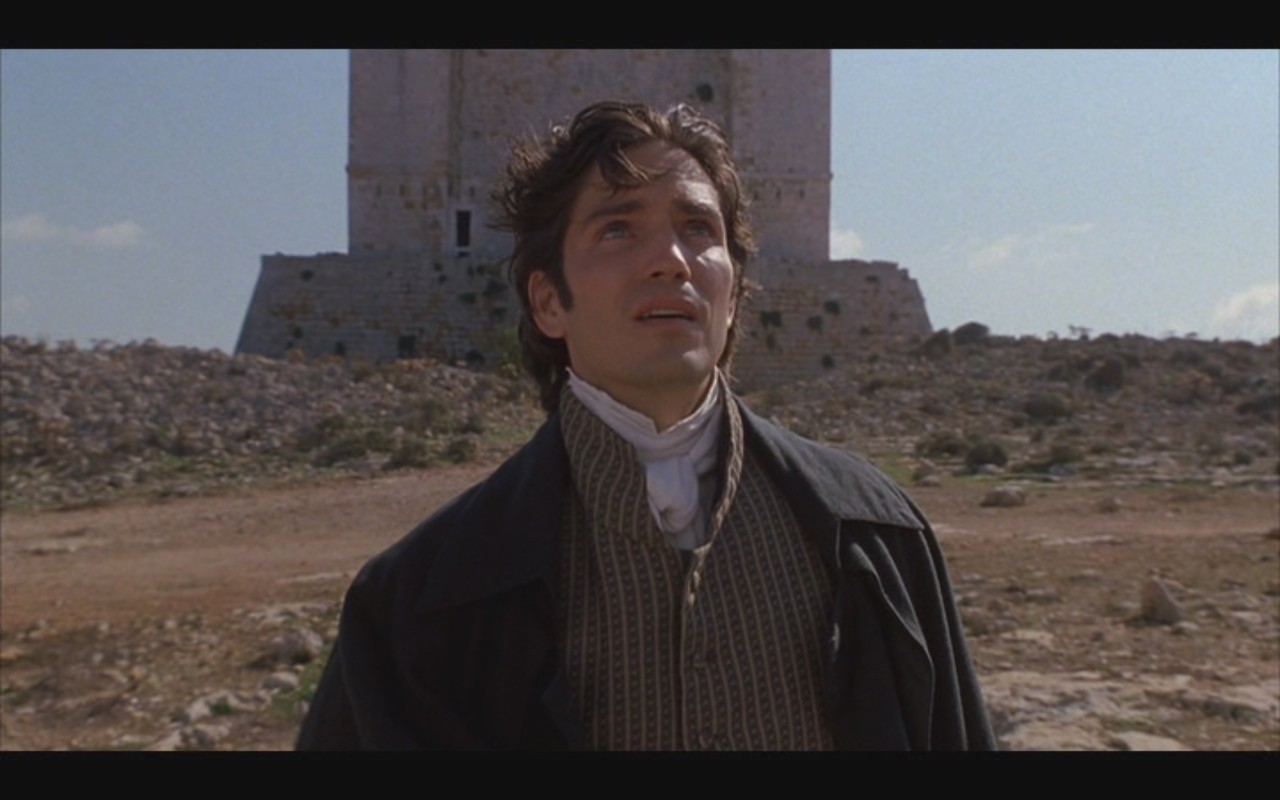Is The Count Of Monte Cristo Still Relevant Today? A Modern Review

Table of Contents
Themes of Revenge and Justice in a Modern World
Edmond Dantès's quest for revenge forms the dramatic core of The Count of Monte Cristo. His transformation from an innocent young man to a master manipulator raises crucial questions about the nature of justice and the morality of revenge. Is Edmond’s meticulously planned retribution justifiable, or does it simply perpetuate a cycle of violence? The novel presents a complex exploration of justice, questioning whether it is truly served, and at what cost.
- Comparing the Novel's Justice to Modern Systems: Dumas's depiction of justice, or rather the lack thereof, in 19th-century France starkly contrasts with modern legal systems. While our systems aim for due process and fairness, The Count of Monte Cristo highlights how easily the system can be manipulated by power and corruption.
- Restorative vs. Retributive Justice: The novel grapples with the tension between restorative and retributive justice. Edmond's actions are undeniably retributive, focused on punishing those who wronged him. However, the story also subtly explores the possibility of restorative justice through forgiveness and reconciliation, though this path is rarely explored by the characters themselves.
- Consequences of Revenge: Edmond's relentless pursuit of vengeance ultimately leaves him emotionally hollow. While he achieves his goals, the question remains: does his meticulously planned revenge truly bring him satisfaction or only amplify his suffering? This exploration of the lasting impact of revenge continues to resonate with readers today.
The Enduring Power of Characters and Storytelling
The enduring appeal of The Count of Monte Cristo lies not only in its plot but also in its unforgettable characters. Edmond Dantès's compelling character arc, from naive sailor to cunning mastermind, is a masterclass in character development. The supporting cast, including the villainous Fernand Mondego and the tragically flawed Mercédès, adds further depth and complexity.
- Edmond Dantès' Psychological Transformation: The novel masterfully portrays Edmond's psychological journey, exploring the corrosive effects of betrayal and the transformative power of knowledge and vengeance. His transformation is both fascinating and disturbing, showcasing the extremes of human resilience and the potential for darkness within.
- Antagonist Motivations: The motivations and flaws of the antagonists are intricately explored. Fernand's jealousy, Danglars's greed, and Villefort's ambition drive the plot forward, revealing the human capacity for cruelty and self-destruction.
- Dumas's Storytelling Techniques: Dumas employs masterful storytelling techniques—suspense, dramatic irony, and unexpected plot twists—that keep readers engaged and guessing. This narrative style, while classic, remains incredibly effective in modern storytelling.
- Narrative Style and Modern Conventions: While The Count of Monte Cristo adheres to the conventions of 19th-century literature, its fast-paced plot, richly developed characters, and intricate plotlines align surprisingly well with modern tastes.
Social and Political Commentary in The Count of Monte Cristo
The Count of Monte Cristo is more than just a thrilling adventure; it's a sharp commentary on social inequality, betrayal, and political corruption. These themes remain profoundly relevant in contemporary society. The novel vividly depicts the social and political climate of 19th-century France, reflecting issues that continue to plague societies today.
- Class Disparities: The novel vividly portrays the stark class disparities of 19th-century France, illustrating how social standing influences opportunities and relationships. These disparities resonate with today's struggles with economic inequality and social mobility.
- Political Intrigue and Manipulation: The novel is rife with examples of political intrigue and manipulation, showcasing how power corrupts and how easily individuals can be exploited. These observations feel unnervingly contemporary, mirroring political realities in various societies today.
- Ambition, Greed, and Power: The story explores the destructive nature of unchecked ambition, greed, and the lust for power, highlighting how these desires can lead individuals to commit terrible acts. These are timeless themes that continue to resonate with readers.
- Connecting to Modern Issues: The novel's themes of injustice, betrayal, and the abuse of power find parallels in contemporary social and political events—from corruption scandals to struggles for social justice.
The Count of Monte Cristo's Impact on Popular Culture
The Count of Monte Cristo's enduring legacy is evident in its numerous adaptations for film, television, and other media. The story's powerful themes and compelling characters have had a profound influence on other works of literature and popular culture.
- Notable Adaptations: From classic film adaptations to modern television series, The Count of Monte Cristo has been reimagined countless times, demonstrating its enduring popularity.
- Influence on Literature and Genre: The story's themes and structure have influenced countless other works of literature, inspiring similar tales of revenge, intrigue, and redemption.
- Permeation of Popular Culture: The Count of Monte Cristo's iconic image and the themes of revenge and redemption are frequently referenced in popular culture, further cementing its legacy.
Conclusion: Is The Count of Monte Cristo Still Relevant? A Final Verdict
The Count of Monte Cristo remains relevant today due to its exploration of timeless themes—revenge, justice, social inequality, and the corrupting influence of power. Dumas's masterful storytelling, coupled with unforgettable characters and intricate plotting, ensures that this classic tale continues to captivate audiences. The novel's enduring power lies in its ability to reflect the human condition, exposing the darkness and light within us all. Revisit this classic tale; explore the world of Monte Cristo and rediscover its enduring power. Whether you choose to read the original novel, watch a film adaptation, or delve deeper into its themes, you’ll find The Count of Monte Cristo a rewarding and thought-provoking experience.

Featured Posts
-
 Partial Solar Eclipse Over Nyc This Saturday What Time And How To View
May 04, 2025
Partial Solar Eclipse Over Nyc This Saturday What Time And How To View
May 04, 2025 -
 Corinthians X Palmeiras Onde Assistir Ao Vivo Horario E Escalacoes
May 04, 2025
Corinthians X Palmeiras Onde Assistir Ao Vivo Horario E Escalacoes
May 04, 2025 -
 Ufc Des Moines Event Start Time And Fight Card Details
May 04, 2025
Ufc Des Moines Event Start Time And Fight Card Details
May 04, 2025 -
 Hollywood Premiere Blake Lively And Anna Kendricks Reunion Ends Feud Speculation
May 04, 2025
Hollywood Premiere Blake Lively And Anna Kendricks Reunion Ends Feud Speculation
May 04, 2025 -
 Watch Canelo Vs Ggg Live Stream Results And Play By Play Commentary
May 04, 2025
Watch Canelo Vs Ggg Live Stream Results And Play By Play Commentary
May 04, 2025
